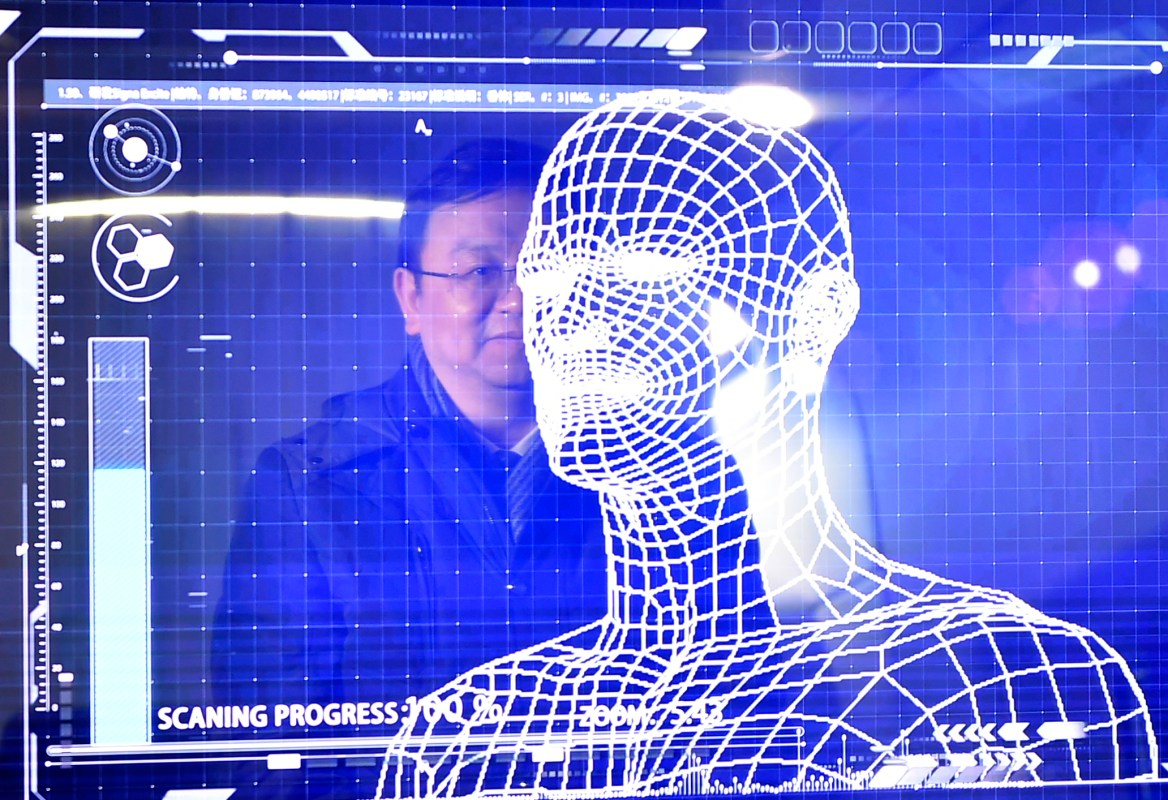With ever-intrusive, facial recognition technology becoming a ubiquitous presence in everyday life, a team of researchers at the University of Toronto created an anti-facial recognition algorithm designed to thwart the new technology.
According to a story on Alphr, the researchers pitted two AI systems against each other, one that identifies faces and one designed to disrupt identification, and let the two systems learn from each other. The anti-facial recognition technology attacks the points on the face that the detection software uses for identification, such as the corner of the eye.
The changes the software makes to the image of a face are barely perceptible, but they’re just enough to throw off detection. Lead professor Parham Aarabi has said that he hopes his anti-facial recognition technology can be a boon for personal privacy.
Thanks for reading InsideHook. Sign up for our daily newsletter and be in the know.


















